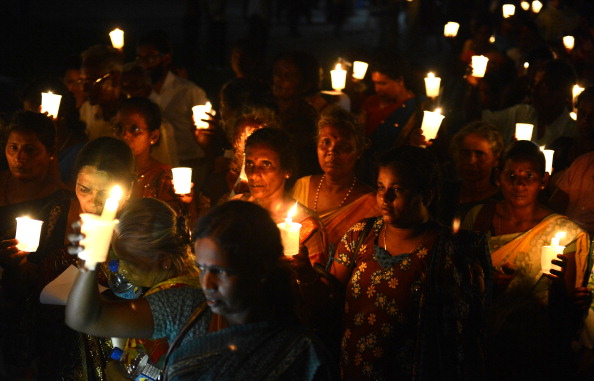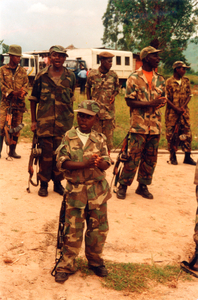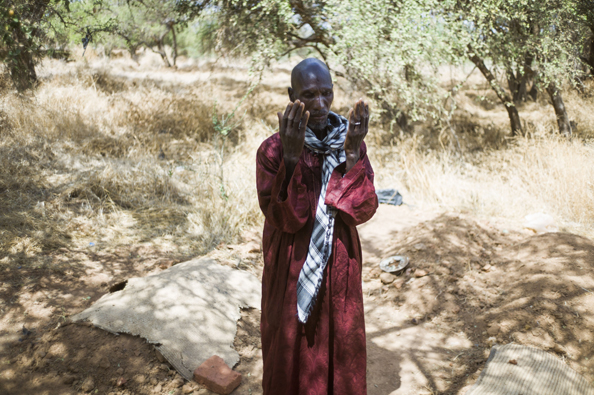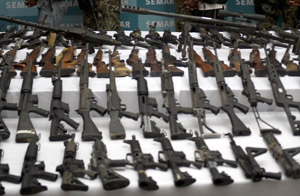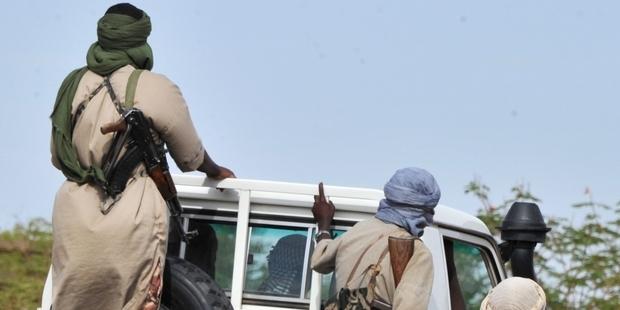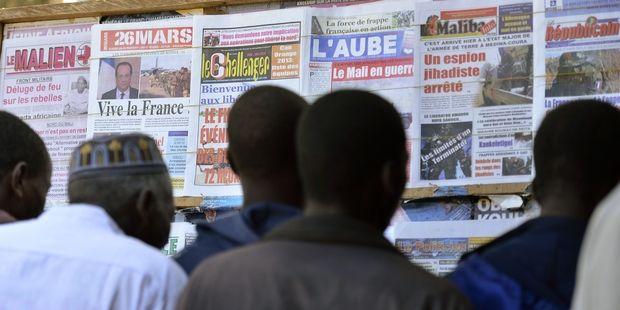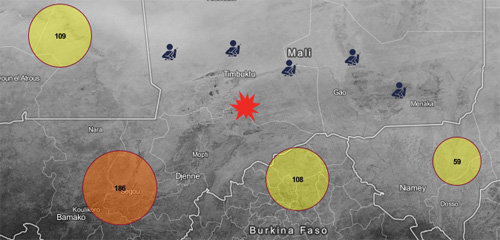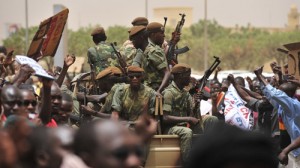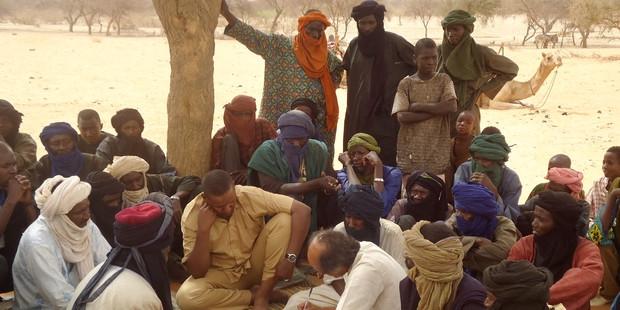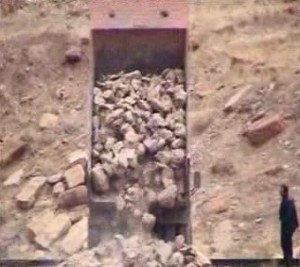
An Azerbaijani truck dumping pieces of destroyed Djulfa khachkars into the River Araxes (Photo Credit: Archbishop Nshan Topouzian).
Turkey’s YouTube blackout may not be as chilling as the leaked tape that prompted the ban of the video-sharing website. In the March 2014 recording, top officials in Turkey seemingly discuss staging an attack against a sacred Turkish tomb in Syria for the purpose of justifying military engagement by Ankara.
Cultural monuments have been targeted by power-holders for millennia. Assyria’s Sargon II proudly documented his plunder of the Musasir temple in Uraratu 2,700 years ago. The Nazis, as illustrated in the recent Hollywood movie The Monuments Men¸ stole precious pieces of art for either a future ‘Führermuseum’ or a complete destruction, depending on the outcome of WWII.
